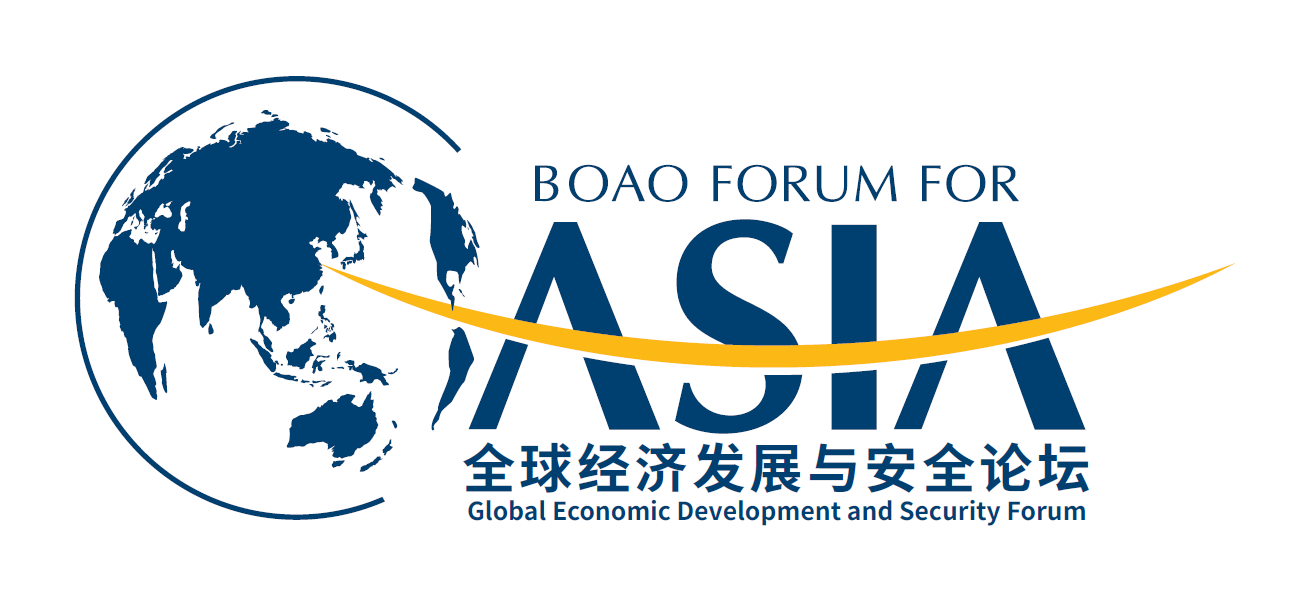 基里尔·巴巴耶夫
基里尔·巴巴耶夫
俄罗斯科学院中国与现代亚洲研究所所长
Kirill BABAEV
Director of the Institute of China and
ContemporaryAsia of the Russian Academy of Sciences
答:全球范围内对人工智能进行监管的辩论正以更加激烈的态势展开。欧盟计划通过一项法律,即所谓的《AI法案》,其内容包括:根据潜在危险程度将人工智能技术划分为不同类别、禁止在公共场所使用面部识别技术及警察使用AI预测犯罪的举措,以及规范生成式人工智能的使用。《AI法案》将禁止OpenAI、亚马逊、谷歌和IBM等美国公司向生成式人工智能模型提供API访问。在欧盟提供任何未经许可的模型将导致超过2000万欧元的罚款,或全球收入的4%。这是欧盟以制裁措施威胁美国AI生态系统的重要部分。
俄罗斯很可能也会遵循这条路线进行监管。最需要监管的人工智能应用之一是生物特征面部识别。在《AI法案》中,对生物特征的收集被归类为高风险级别,使用AI从事这些目的的开发公司需要接受独立专家的检查。这样的措施也将在俄罗斯的人工智能立法中非常相关。
问:联合国贸发会议预测,由于地缘政治紧张局势的加剧和贸易模式的转变,预计全球贸易额将同比下降5%。如何重新让贸易作为全球经济增长的引擎?WTO的机构改革应该如何适应这种新变化?
答:21世纪的第三个十年,全球经济体系异常动荡。贸易战、制裁、COVID-19大流行、欧洲安全架构的瓦解——世界正处于全球转型的边缘,全球贸易反映了世界各地正在发生的所有趋势和进程。
世界贸易发生了巨大变化,作为战后秩序一部分的WTO也有必要进行改革。WTO在21世纪要解决的主要问题包括:以各种理由,例如绿色转型或国家安全等保护主义的增长;对《服务贸易总协定》(GATS)“出于安全考虑而准许的例外”条款的滥用;服务业对国民经济愈发重要且发生了深刻变革,引发了需修改GATS的讨论;农产品贸易存在过度补贴等未解决的问题;以及许多国家开始积极保护自己的国内市场,这在很大程度上是对华盛顿和其盟国对其最具竞争力的国民经济部门实施限制性措施的回应。
全球化的理念正陷入严重危机。
去工业化的国家意识到它们在关键必需品上过度依赖其他国家,例如美国等国因此走上再工业化道路。经济制裁、重建物流路线和全球价值链也导致成本增加。同时,近年来金融部门不确定性增加,国家间本币结算增加,一些非西方参与者打算建立一套独立于西方控制的金融系统。
短期内,贸易重担全球经济增长引擎角色的乐观情况很难实现。中长期来看,如果地缘政治矛盾逐渐减少,各国能够基于理性和经济利益再次建立双边和多边对话,国际贸易才有望走上持续增长的轨道。
过去几年,全球范围内的制裁战争导致对众多经济领域实施了制裁措施,受制裁的国家对于那些在WTO成立初期处于前沿地位的国家(主要是美国)有系统地违反WTO规则表示不满,“双重标准”导致世界经济不得不寻找发展的新机遇。
目前,与西方国家实现正常化的机会并不多,更多的机会来自非西方国家的融合、新经济区块的形成和全球价值链向彼此“友好”的国家重新调整。发展中国家之间更密切的经济互动有望在可预见的未来带来全球经济增长的恢复。
A: The debate about the need to regulate AI is unfolding with renewed vigor. The EU plans to adopt the AI Act. It would divide AI technologies into categories according to their potential danger. The draft would also ban the use of facial recognition technology in public places and the use of AI by the police to predict offenses. It also contains measures to regulate generative AI systems. The AI Act would prohibit American companies from providing API access to generative AI models. Attention is also being paid to the provision that any model available in the EU without licensing will face fines of more than €20 million, or 4% of global revenue. The EU, in fact, threatens important parts of the US technology ecosystem with sanctions.
In Russia, regulation of AI will likely follow the path of centralization of neural network management in the hands of the state and large corporations. One of the most important applications is biometric facial recognition. In the AI Act, the collection of biometrics is classified as high-risk, thus developers using AI for these purposes are required to undergo checks by independent experts. Such a measure would also be relevant in Russian AI legislation.
Q: The UN Conference on Trade and Development projected global trade to decline by 5% year-on-year due to the escalation of geopolitical tensions and structural changes in international trade. How can trade regain its role as an engine of global economic growth? How should the institutional reform of the WTO accommodate these new changes?
A: The third decade of the 21st century has seen exceptional turbulence in the global economic system. Our world is on the verge of a transformation, with global trade reflecting these new developments and processes.
As part of the post-war order, the WTO also needs reform. The main issues that the WTO seeks to address in this century include: the rise of protectionism; the abuse of the “Exemptions for Security Considerations” of the General Agreement on Trade in Services (GATS); the need to amend GATS given the increasing weight of the service industry; unresolved issues such as over-subsidization in agriculture; and the fact that many countries have begun to act aggressively in protecting domestic markets, largely in response to restrictions imposed by Washington and its allies on some of these countries’ most competitive sectors.
Globalization is in serious crisis.
Deindustrialized countries have realized that they are over-reliant on others for the supply of essential goods, and countries like the United States have opted for reindustrialization. Economic sanctions and the need to rebuild logistics routes and global value chains have also led to increased costs. Furthermore, rising uncertainties in the financial sector have increased the volume of intergovernmental currency settlements. Some non-Western nations sought to establish a financial ecosystem independent of Western control.
In the short term, it is hard to imagine a scenario. In the medium to long term, if geopolitical conflicts gradually abate and countries can once again rebuild bilateral and multilateral dialogues based on rationality and economic interests, it is likely international trade will enter a trajectory of sustained growth.
In the past few years, sanctions imposed as a tool of war have led to punitive measures being meted out in various sectors. The sanctioned countries are dissatisfied with the systematic violations of WTO rules by the nations that were the dominant players in the early years of the WTO (mainly the US). Double standards have forced the world economy to seek new opportunities for development. At present, there is little chance for normalizing relations with Western countries. More opportunities come from the integration of non-Western countries, the formation of new economic blocs, and reorientation of global value chains towards friendly countries. The closer economic interactions among developing countries are expected to lead the restoration of global economic growth in the foreseeable future.
博鳌亚洲论坛
